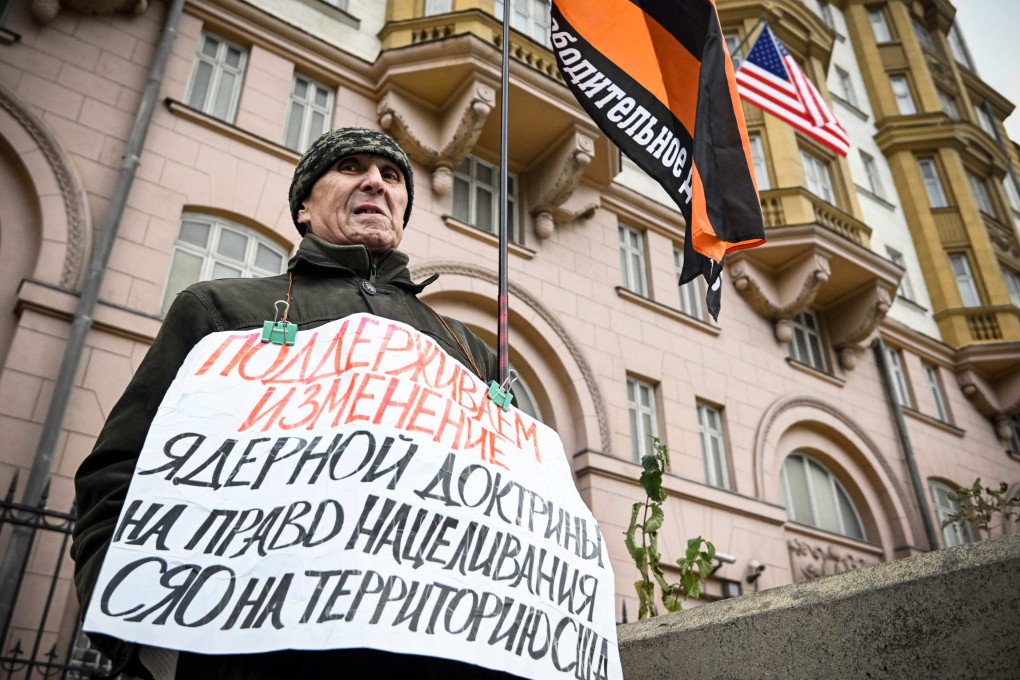Letters | Nuclear deterrence is mute on how to resolve root of conflict
Readers discuss Russia’s threat of nuclear strikes and North Korea’s role in the Ukraine war, Cheung Chau’s fading charms, and Hong Kong’s outstanding healthcare service

Feel strongly about these letters, or any other aspects of the news? Share your views by emailing us your Letter to the Editor at [email protected] or filling in this Google form. Submissions should not exceed 400 words, and must include your full name and address, plus a phone number for verification
Some argue that nuclear proliferation has contributed to global stability through the balance of terror. According to this theory, when rival states possess equally destructive arsenals, the mutual threat of annihilation forces cautious diplomacy. Major powers such as the United States and the former USSR maintain strong retaliatory capabilities, ensuring that any first strike would face an equally destructive response.
While nuclear deterrence has likely prevented direct conflict between nuclear-armed states, as seen during the Cuban missile crisis, it has failed to address the root causes of global tensions. During the Cold War, nuclear deterrence did not prevent regional conflicts, such as those in Korea and Vietnam.
Unresolved power struggles can continue to destabilise regions, and their impact can be just as devastating. Aghdam, a city in the Nagorno-Karabakh region of Azerbaijan, suffered such extensive destruction during the Nagorno-Karabakh conflict between Azerbaijan and Armenia that it earned the nickname “Caucasian Hiroshima”, even though no nuclear weapons were deployed.
